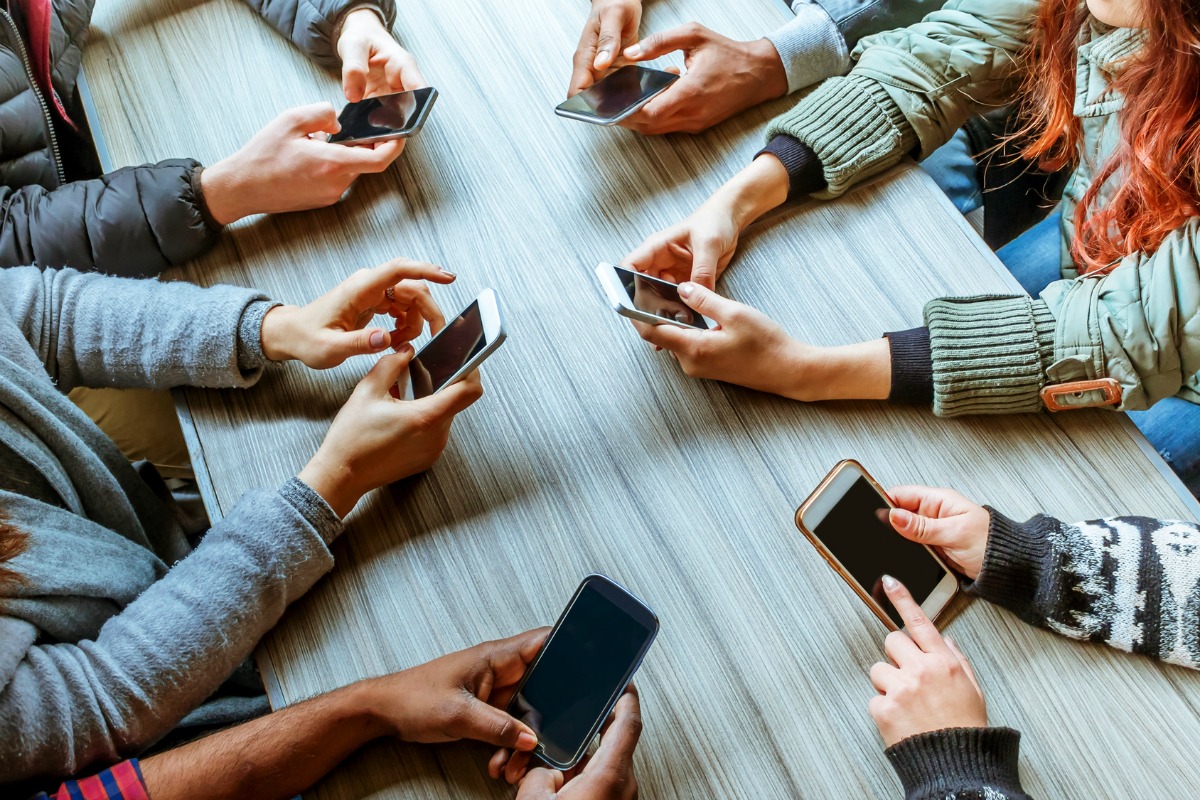Mobile phone addiction? Break the habit

More than 50% of young adults admit that they use their smartphones way too often. This frequent usage can lead to addictive behaviour.
Last year, Deloitte surveyed 4,150 adults in Great Britain about their smartphone habits. About 38% said that they use their smartphones excessively, and that number increased to more than 50% for individuals between the ages of 16 and 24.
About 79% of those surveyed said that they check the apps on their smartphones during the hour before going to sleep, while 55% admitted to checking their smartphones within 15 minutes after they wake up.
Excessive smartphone use may be adversely affecting people’s mental health, said psychotherapist Hilda Burke, who was a spokesperson for National Unplugging Day in 2016 and 2017. She noted that when her clients experience insomnia and anxiety issues, the frequent use of digital devices plays a role in some way.
Nick Kuh, a British apps developer, said that many of the smartphone apps for social networks and games instil a need for users to come back and use them repeatedly. He admitted that he has designed some of his apps in this way and that he is not proud of it.
Kuh has tried to make amends for his past addictive apps by designing an iPhone app called Mute that will help smartphone users break their habit. The app is one of several, along with Moment and Space, that keeps track of how many times users unlock their smartphones and the duration of their usage to help them become aware of and reduce mobile activity.
The Norwegian app Hold, geared towards students, awards points to users when they reduce their smartphone activity. App users can redeem these points for cinema tickets and snacks.
Dr Daria Kuss of Nottingham Trent University noted that the first step in reducing smartphone use is to raise people’s awareness of the extent of their activity. Many people really are not aware of how much of their time that they devote each day to mobile usage.
Dr Sarita Robinson, a senior lecturer in psychology with the University of Central Lancashire, compared the revelation to people weighing themselves after Christmas to see how much weight that they have gained. Seeing a record of how much time that they’ve spent on their phones during one week can be quite surprising to users.
However, keeping a record of smartphone use is only the first step in breaking the habit. After people collect the data, what steps can they take to change their behaviour?
Kuss offered two common-sense suggestions: they should remove the apps that distract them most from their smartphones and stop falling asleep with their smartphones close to their beds.
Anxiety expert and hypnotherapist Chloe Brotheridge recommended turning off notifications, as each notification acts as a prompt to pick up the smartphone. This way, users can take control of their access to Twitter, Facebook and email and are likely to check their phones less often.
